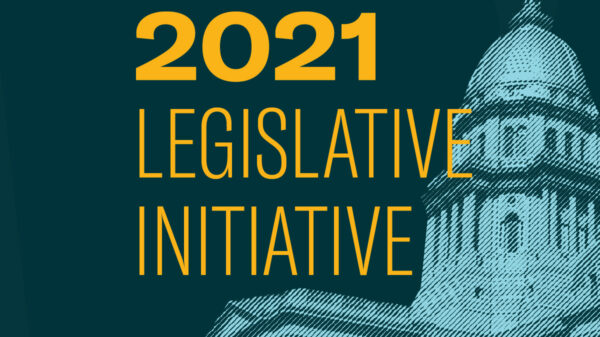CHICAGO – Illinois today became the first state in the United States to place modest guidelines on how law enforcement can access personal information captured by so-called “smart devices” in our homes after Governor JB Pritzker signed the Protecting Household Privacy Act (PHPA) into law. The new law, passed unanimously in both chambers of the Illinois General Assembly this spring, is being called critical by the sponsors and the ACLU of Illinois in light of the popularity and expansion of these devices – including virtual assistants, Ring doorbells and smart appliances.
The PHPA requires law enforcement agencies to obtain a warrant in order to get data gathered by a personal device from a private third party. Law enforcement can also obtain the data in an emergency situation or when the owner of the data voluntarily consents to it being shared. The devices capture a significant amount of information since the microphones are nearly always “on” awaiting a new command.
“In this era of new technology, it’s important that people understand just how much data their electronics are capable of collecting,” State Senator Cristina Castro said. “This new law will give law enforcement strict constitutional guidelines about what they can and can’t do with our information from our household smart devices.”
Today’s action by Governor Pritzker continues a string of victories for personal privacy in Illinois. In recent years, the legislature has adopted measures to protect Illinois resident’s biometric information, and limited law enforcement use of powerful surveillance tools such as drones and location tracking. PHPA builds on that record.
“Illinois continues to be a national leader in defending the privacy rights of our constituents,” said State Representative Ann Williams, who sponsored the measure in the Illinois House. “The bipartisan support for the Protecting Household Privacy Act underscores the broad support for protecting the privacy of Illinois consumers, guaranteeing that law enforcement continues to respect peoples’ constitutional rights when gathering information.”
“With the Protecting Household Privacy Act in place, Illinois is preventing law enforcement from accessing our sensitive information through a backdoor, without permission from a court,” added Khadine Bennett, Advocacy and Intergovernmental Affairs Director at the ACLU of Illinois. “This continues the forward-thinking approach that Illinois has taken over the past several years to strike a critical balance between emerging technologies each of us use for our personal convenience and protecting the personal data.”
Stay Informed
Sign up to be the first to hear about how to take action.
By completing this form, I agree to receive occasional emails per the terms of the ACLU’s privacy statement.
By completing this form, I agree to receive occasional emails per the terms of the ACLU’s privacy statement.

